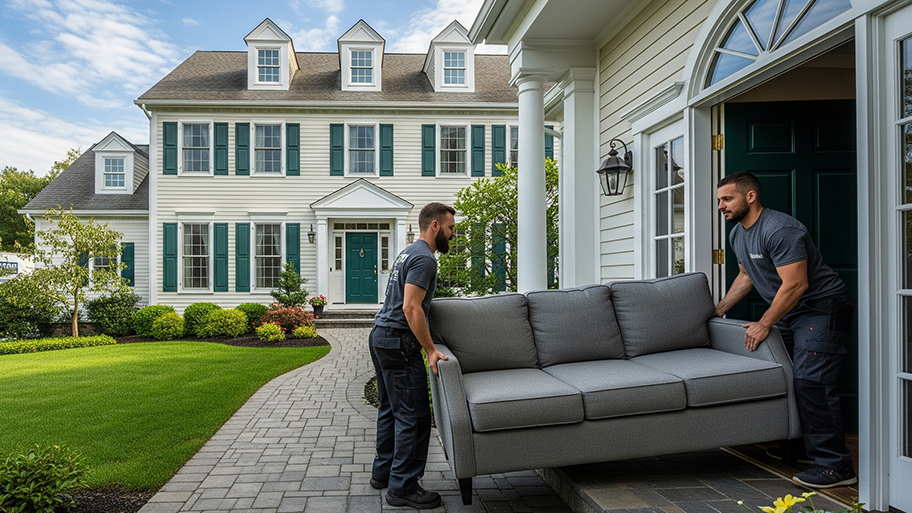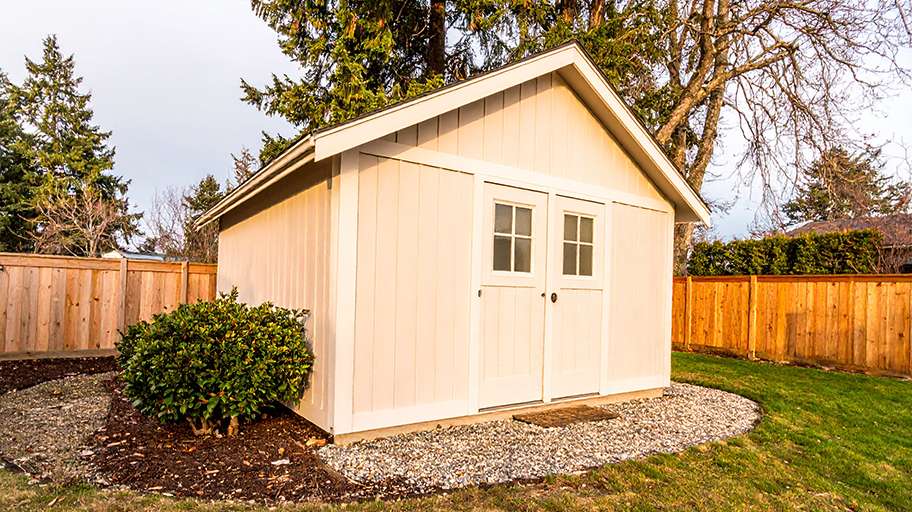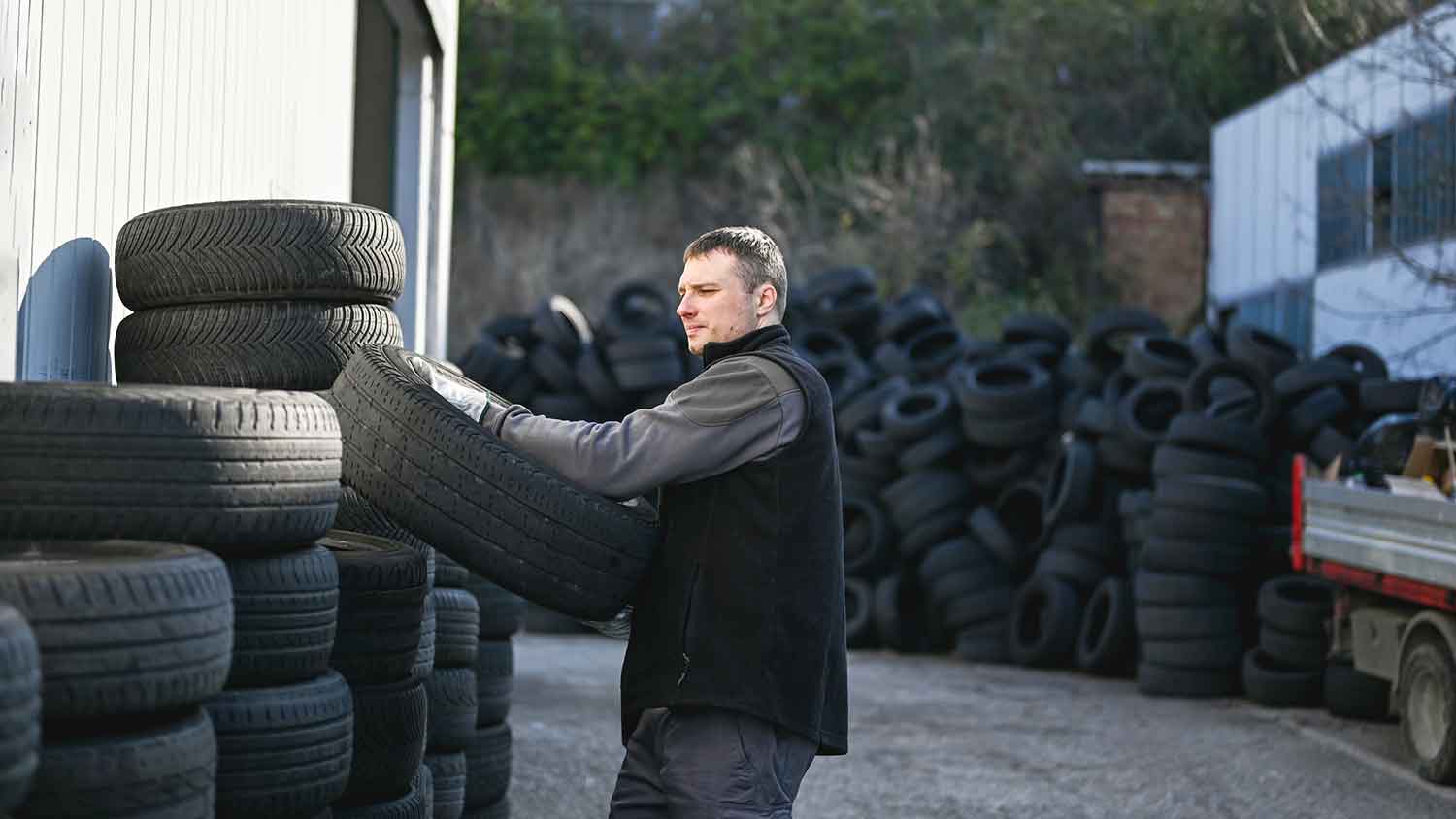
Removing a hot tub costs an average of $400. Learn what factors affect hot tub removal costs, including size, type of hot tub, and disposal method.
Time’s up for that old piece of furniture


While professional furniture removal costs $180 on average, it gets the job done faster and more safely than DIY approaches.
Couches are heavy and bulky, so moving them can cause physical injury.
If you hire a pro, you won’t need to rent a moving truck if your vehicle is too small.
Local junk removal pros can handle narrow hallways, doorways, and staircases.
While purchasing a new sofa is exciting, getting rid of an old one is not so much. It is bulky and heavy, and you can't kick it to the curb in some areas without receiving a fine. The upside is that homeowners have options regarding how to dispose of a couch efficiently, legally, and with as little back pain as possible.
Homeowners should know how to ditch a couch correctly to avoid sanitation fines, protect the environment by reducing pollution, and keep neighborhoods clean and clutter-free. Remember, dumping it on the side of a road or in an empty lot isn’t just an eyesore for the entire community; it could be a safety hazard by blocking sidewalks or streets, creating obstacles for drivers and pedestrians, attracting pests, and increasing the risk of fires or illegal dumping in the area. And no one wants that hanging over their heads.
Sometimes, the easiest and most efficient way to get rid of an old couch is to hire a local junk removal service. This is particularly true for homeowners who don't have a vehicle, like a truck or large van, to haul the sofa off the property, along with several buddies to help. On average, furniture removal costs about $180, though prices typically range from $75 to $250, depending on your location and the item's size.
The best way to get rid of your couch depends on its condition. Whether it’s gently used, totally worn out, or somewhere in between, there’s a solution that can help you clear space in your home responsibly and maybe even help someone else in the process.
Selling your couch is a great idea if it’s in excellent condition or has resale value due to brand, style, or rarity. For example, if you’re parting with a nearly new sectional from a reputable retailer or a high-end designer sofa, you could recoup a fair amount of your original investment.
High-quality leather couches, vintage finds, and trendy modular sofas also tend to attract buyers. Just clean your couch thoroughly, take well-lit photos, and be honest about wear and tear. Posting on platforms like Facebook Marketplace or working with a reputable secondhand dealer on consignment can connect you with buyers looking for secondhand furniture.
If your couch is still in decent shape, meaning free of major stains, tears, or structural damage, donating it is a great way to give it a second life if selling isn’t an option.
Many local charities, shelters, and non-profits gladly take used furniture in good to fair condition. Organizations like Goodwill, Habitat for Humanity ReStores, and The Salvation Army often offer free pickup services in some areas. Be sure to check their donation guidelines first to ensure they’ll accept your item. Remember, many charities will not accept soft furniture without the attached fire label.
If selling or donating your couch feels like more trouble than it's worth, giving it away is a quick and generous alternative, especially if you just want it out of your space quickly. Many people are happy to pick up a free couch, even if it has some wear and tear, as long as it's usable.
Online platforms like Craigslist, Facebook Marketplace, and Nextdoor will allow you to list your item for free and connect with neighbors who might need it. You can also post in your local “Buy Nothing” group, which is a nonprofit focusing on gifting and reusing within your community.
Be upfront about the couch's condition if you decide to give it away. To prevent annoying no-shows, add a note like "first come, first served" and "available for pickup today." Giving your couch away online keeps it out of the landfill and puts it in the hands of someone who needs it.
Most cities offer bulk trash pickup for large items like sofas and mattresses, but the process and availability can differ significantly depending on where you live. Some municipalities have designated pickup days a few times a year, while others require you to call ahead or submit an online request to schedule a collection. You’ll often need to place the couch at the curb within a specific time frame, usually the night before pickup.
Remember, it is essential to follow your local guidelines carefully; putting out an unapproved item could result in fines. Visit your city or county’s waste management website to check for acceptable items, any required prep, like removing cushions or legs, and possible service fees. If your area doesn’t offer curbside pickup, they may have designated drop-off locations or can recommend local haulers who can remove the item for you.
Parts of your old couch can often be recycled. Foam cushions made of Expanded Polystyrene (EPS), wood frames, metal springs, and even some fabrics are eligible for recycling based on availability in your area. Check with your local waste center or search “furniture recycling near me” for a service that breaks down couches into reusable materials.
If recycling pickup is available in your area, consider breaking down the couch themselves and putting some items, like metal or certain types of plastics, in your recycling bin. It’s a smart way to keep items like these out of the landfill, but it does require some DIY chops (and, sometimes, the use of power tools).
If you are a homeowner who loves DIY challenges, consider repurposing your old couch. It can be a fun and eco-friendly weekend project.
For instance, you can transform foam cushions into cozy pet beds or extra floor seating. Your sofa’s wooden frame can be transformed into an outdoor bench, rustic shelving, or planter boxes. Even fabric upholstery can be salvaged and reused for pillow covers, tote bags, or other crafty projects. If you are unsure of where to start, look for upcycling ideas online.
When it comes to how to dispose of old furniture, it bears repeating that hiring a local junk removal professional is a convenient solution. These services will come to your home, do all the heavy lifting, and ensure your couch is dealt with properly and legally.
Be sure to ask about their disposal practices to feel good about where your couch ends up. Remember that pricing varies based on item size, location, and how much space your furniture takes up in their truck.
If your couch is too damaged to donate or resell, and bulk pick up is unavailable in your area, you can consider bringing it to a local landfill or transfer station. This option is best for moldy, exceptionally worn-out, or infested furniture. It is also typically cheaper than hiring a hauling service.
But before you load it into a truck, call your local landfill or transfer station to confirm that they accept upholstered furniture. For infested furniture, you may need to follow guidelines for bagging and wrapping it to prevent further infestation.
Be prepared to pay a disposal fee, which can vary depending on your location, the item's size, and whether you're a resident. Some landfills charge by weight, while others have a flat fee for large furniture items.

Before you decide how to dispose of any piece of furniture in your home, evaluate its condition. If it is relatively clean and structurally sound, try selling or donating it first. Consider recycling, bulk pickup, or landfill options if the item is heavily worn, damaged, and beyond repair. Here are more tips for disposing of a couch:
Measure doorways and hallways before moving your couch to determine if the couch needs to be disassembled so you can carry it out easily.
Clean the couch first if you plan to donate, give it away, or post it online because a cleaner couch is more likely to be snatched up quickly.
Plan ahead instead of waiting until the last minute to remove your old furniture because many services, from junk pickup to landfill disposal, require advance scheduling.
Check local rules for large-item disposal instead of leaving your old couch on the curb, assuming it will get picked up on trash day. Otherwise, you risk a fine.
If your couch is heavy, hard to move, or you’re on a tight schedule, hiring a pro is often the smartest choice. It saves you the hassle of lifting, hauling, and figuring out where to take it, and many junk removal services will even try to donate or recycle it for you. While it may cost more than doing it yourself, for many homeowners, the convenience is worth it.
From average costs to expert advice, get all the answers you need to get your job done.

Removing a hot tub costs an average of $400. Learn what factors affect hot tub removal costs, including size, type of hot tub, and disposal method.

Furniture removal costs depend on the type, size, and location of items. Learn the average cost of furniture removal to free up room in your home.

Shed removal costs depend on size, materials, condition, and if you DIY the demolition or not. This guide will help you budget to remove your shed.

If you are wondering how to move a freezer, these tips will ensure that you and your freezer remain unharmed. To avoid injury, ask a friend to help you with this task.

Tires can be toxic to people and the environment, so proper disposal requires special care. Learn how to dispose of old tires safely.

Old water heaters can’t just be thrown in a landfill. Learn your options for how to dispose of a water heater safely and responsibly.